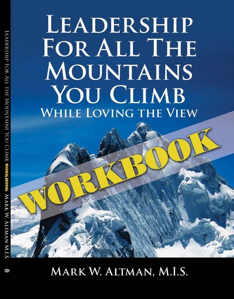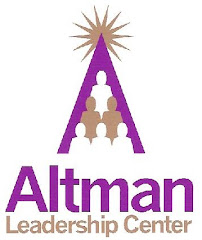The other day I had the chance to see the wonderful movie, Freedom Writers, starring Hillary Swank. This movie is about a teacher in an inner city school, Erin Gruwell, who uses a lesson about the Holocaust to begin the process of getting her students to write about their own lives and engaging in the educational process. All 150 of her students graduated High School; many have since graduated college, several are now teachers themselves and a number are actually pursuing PhDs of their own.
In this movie, Scott Glenn, Gruwell’s father makes a comment to her that is something like, “You have been blessed with a burden, how many Dad’s get to say that to their daughter’s?” While I enjoyed this movie very much and its inspirational story; I would, if I met him, have to quibble just a bit with Mr. Gruwell. His daughter is not the only daughter, or son, with a burden to bear; every parent has a child with a burden to bear.
When I say this, I am not referring to the financial and time constraints of living in the modern, western world. I am referring to the burden borne by each of us as moral and ethical persons to make our world a better place, and to alleviate the suffering of those less fortunate than us. Teaching children this lesson, like most lessons, is best done by example. Unfortunately, most of us treat this social responsibility in the same manner Churchill described our encounters with the truth, "Men occasionally stumble over the truth, but most of them pick themselves up and hurry off as if nothing had happened."
We recognize the work that needs to be done; we see it every day, in things large and small, and yet walk on by “as if nothing happened.” Research has shown time and again that a person’s resilience to life’s challenges increases as they perform service for those less fortunate that themselves. This phenomenon, and the benefits gained, hold true whether your challenges are relatively large or small. As your mother instinctively knew, “There is always someone less fortunate than you.”
Teaching your children compassion, empathy, and patience for others not only benefits those your child interacts with; it benefits you with more fully functioning family relationships, provides your child with tools they will need in the future in marriage and as a parent, and provides us all with kinder, warmer and more polite communities. Surely these benefits to ourselves is enough to motivate us all to serve others a little more.
With the holiday season in full swing and an economic crisis hanging like a cloud over our heads, many are tempted to use these as excuses to withhold help or put off performing service for others. I encourage all of us to help another person whenever help is needed; financial help, certainly when possible, but emotional help, compassion and a kind word go a long way as well and cost nothing more than a little empathy. I leave you with the wisdom of Albert Schweitzer, “It is not enough merely to exist. It's not enough to say, 'I'm earning enough to support my family. I do my work well. I'm a good father, husband, churchgoer.' That's all very well. But you must do something more. Seek always to do some good, somewhere.”
Mark Altman is a speaker and leadership consultant with the Altman Leadership Center. He has graduate work in Marriage and Family Counseling and is the author of Leadership For All the Mountains You Climb. He can be reached at mark@taolc.com.








No comments:
Post a Comment